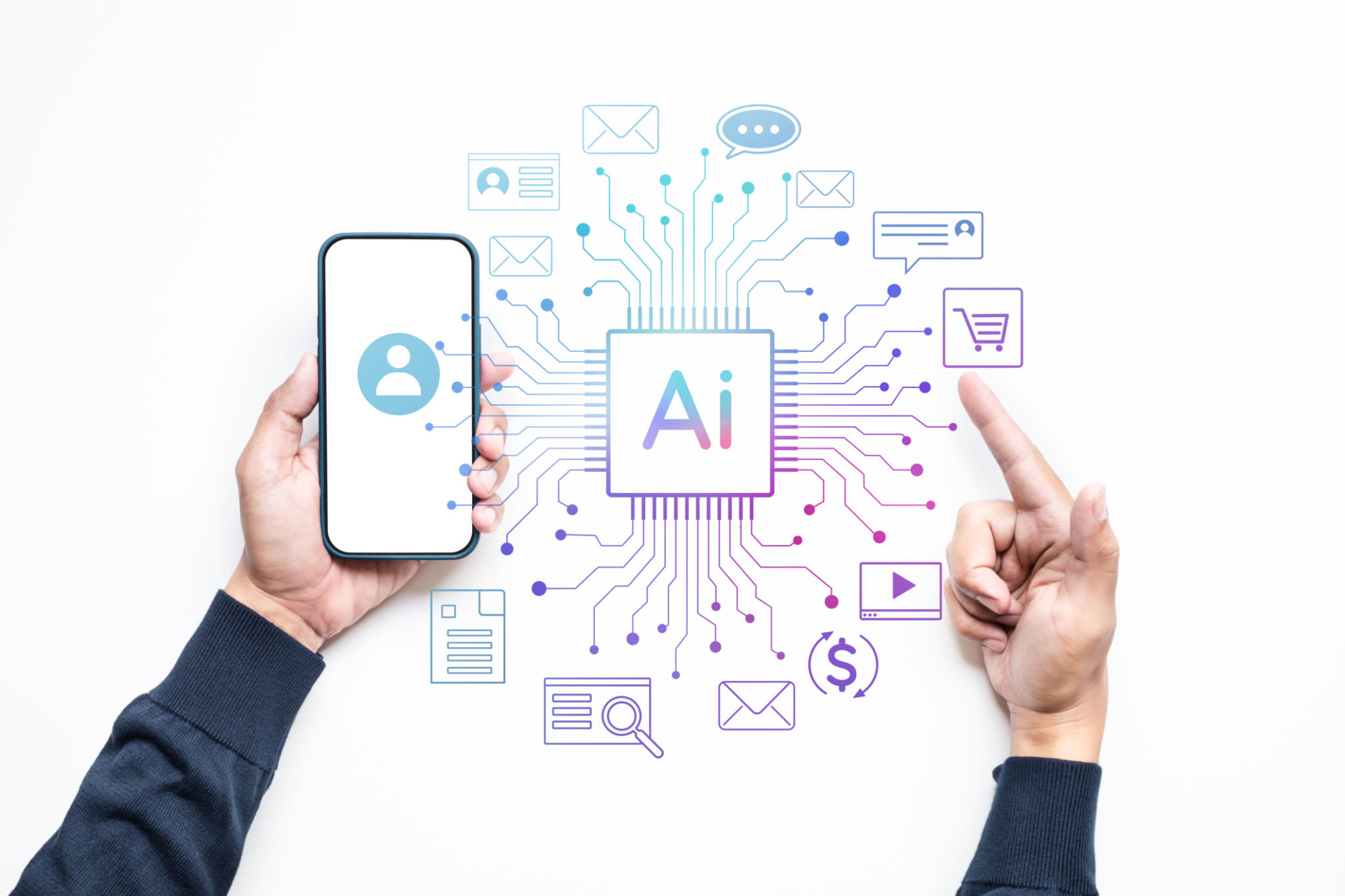AI-Driven Performance Management: Best Practices for HR Departments
Understanding AI-Driven Performance Management
AI-driven performance management is revolutionizing how HR departments assess, monitor, and enhance employee performance. By leveraging artificial intelligence, companies can streamline processes, reduce biases, and make data-driven decisions. As organizations seek to optimize their workforce, understanding the best practices for implementing AI in performance management becomes crucial.
The integration of AI in performance management allows for real-time feedback and continuous assessment, providing a more dynamic and responsive approach compared to traditional methods. This shift not only improves employee engagement but also aligns individual goals with organizational objectives more effectively.

Benefits of AI in Performance Management
Enhanced Objectivity and Reduced Bias
One of the significant advantages of using AI in performance management is the reduction of human biases. AI algorithms can analyze performance data objectively, ensuring that assessments are based on factual information rather than subjective opinions. This leads to fairer evaluations and helps in building a more inclusive workplace.
Real-Time Feedback
AI enables continuous performance monitoring, allowing employees to receive real-time feedback. This timely input helps employees understand their strengths and areas for improvement instantly, fostering a culture of continuous learning and development. As a result, employees can adjust their performance proactively, leading to better outcomes.

Implementing AI-Driven Performance Management
Best Practices for HR Departments
To successfully integrate AI into performance management, HR departments should follow best practices that ensure smooth implementation and optimal results. Here are some key steps:
- Define Clear Objectives: Before implementing AI tools, HR should outline clear goals and objectives, ensuring that the technology aligns with organizational needs.
- Choose the Right Tools: Select AI solutions that are tailored to your organization’s specific requirements. Consider factors like scalability, ease of use, and integration capabilities.
- Train HR Professionals: Equip HR teams with the necessary training to effectively use AI tools. Understanding how to interpret AI-driven insights is crucial for making informed decisions.
Maintaining Ethical Standards
While AI offers numerous benefits, it's essential to maintain ethical standards in its application. HR departments must ensure transparency in how data is collected and used. Employees should be informed about the AI systems in place and how they impact performance evaluations. Additionally, safeguarding employee data privacy should be a top priority.

Challenges and Considerations
Despite its benefits, implementing AI-driven performance management comes with challenges. One significant concern is the potential for algorithmic bias if the AI systems are not properly designed or monitored. Regular audits and updates of AI models can mitigate these risks.
Furthermore, organizations must balance technological advancements with human elements of management. While AI provides valuable insights, human judgment remains essential in understanding the context and nuances of employee performance.
Conclusion
AI-driven performance management offers a transformative approach for HR departments looking to enhance productivity and fairness in employee evaluations. By following best practices and addressing potential challenges, organizations can harness the power of AI to create a more efficient and equitable workplace.
As technology continues to evolve, the role of AI in performance management is likely to expand, offering new opportunities for innovation in HR practices. Embracing this change will be key to maintaining competitive advantage in a rapidly changing business landscape.

